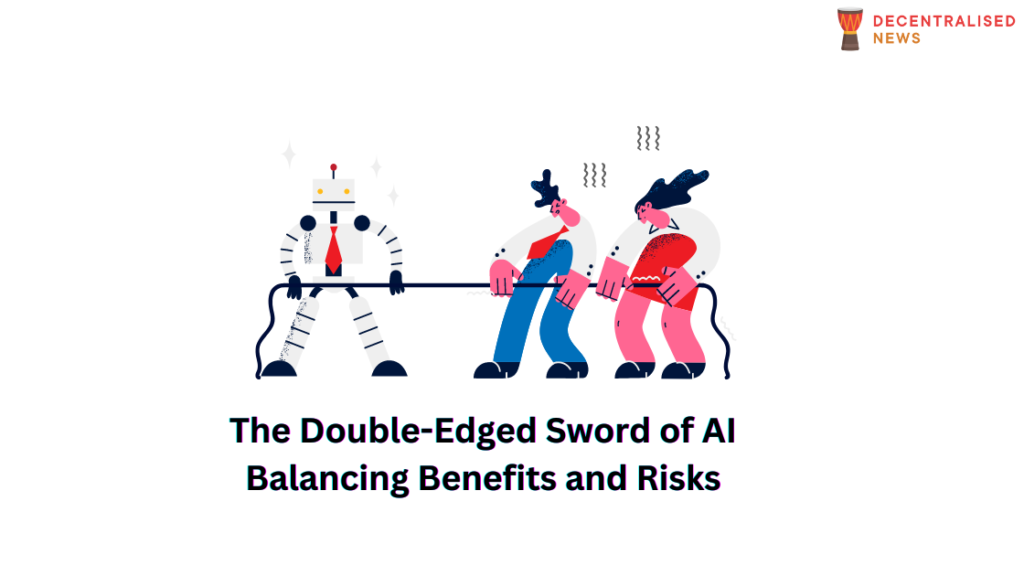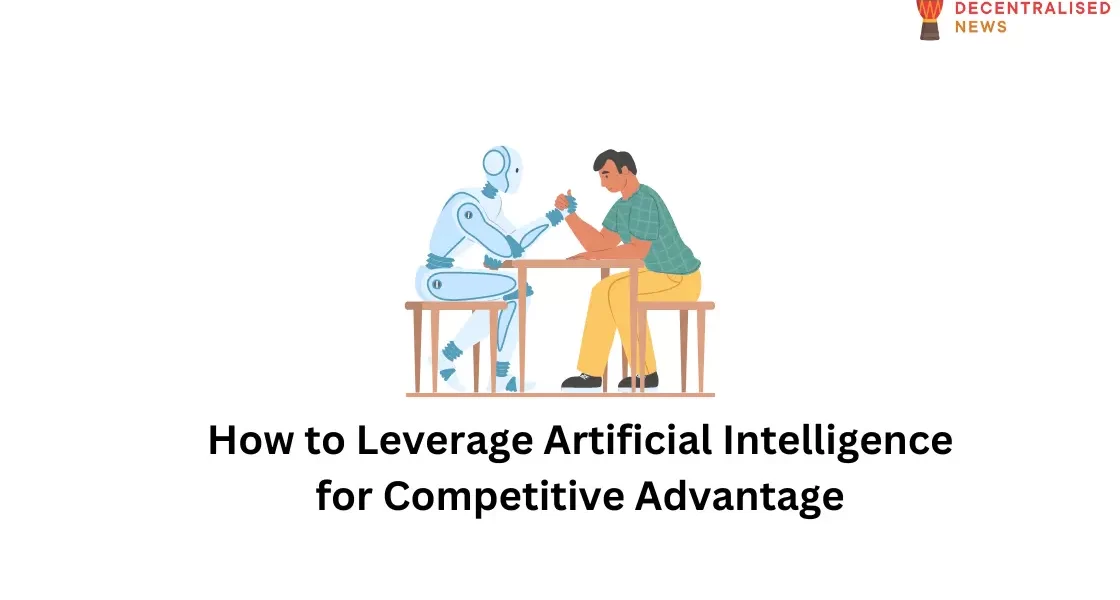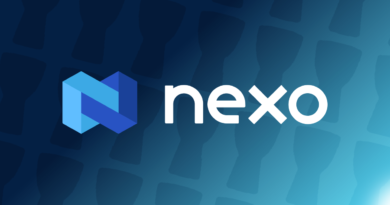The Double-Edged Sword of AI: Balancing Benefits and Risks
Artificial Intelligence (AI) has penetrated every facet of our lives, business decision-making being no exception. Companies globally are integrating AI in their strategies, drawn by its promise of data-driven insights and operational efficiency. However, as we lean into this AI-dominated future, we must critically evaluate whether AI is indeed the magic bullet for competitive advantage.
Predictive Analytics: Fortune Telling or Fool’s Gold?
AI’s predictive analytics ability is often touted as a game-changer. By analyzing historical data, AI can predict future trends, helping businesses stay ahead of the curve. But how reliable are these predictions? They’re inherently based on past data and hence, might fail to capture unpredictable variables or black swan events. AI predictions are as fallible as the data they’re trained on, a significant vulnerability that businesses need to be aware of.
AI’s Decision Making: Fairness under Question
AI systems, despite their advanced algorithms, are susceptible to biases, mirroring the prejudices present in their training data. These biases can lead to discriminatory decision-making, negatively impacting certain customer demographics or employees. The so-called “objective” AI decision-making might just perpetuate human biases at a larger, more insidious scale.

Autonomy vs Accountability: The Blurred Lines
The adoption of AI decision-making blurs the lines of accountability. In a situation where an AI-driven decision leads to adverse outcomes, who should bear the responsibility? The developer of the AI? The business that deployed it? Or the AI itself? This ambiguity complicates liability issues, making it a potential legal minefield for businesses.
Cybersecurity Risks: The Invisible Enemy
As businesses lean more heavily on AI, they expose themselves to sophisticated cybersecurity threats. Hackers can manipulate AI systems, leading to erroneous decisions that could potentially harm a company’s operations and reputation. In a landscape where competitive advantage often hinges on data security, this vulnerability can have severe implications.
Ethical Quandary: Are We Ready?
Delegating decision-making to AI also raises serious ethical questions. Can a machine, devoid of human values and emotional intelligence, make decisions that significantly affect human lives? How can we ensure these decisions are aligned with our moral and ethical standards? These are critical questions that businesses need to address before surrendering their decision-making to AI.
The Path to True Competitive Advantage
While AI offers potent tools for data analysis and decision-making, it’s not without its drawbacks. A true competitive advantage comes from understanding these limitations and responsibly leveraging AI.
Businesses must ensure their AI systems are trained on diverse, unbiased datasets and continually scrutinize these systems for fairness. Additionally, they need to establish clear accountability structures for AI decisions and invest in robust cybersecurity measures to guard against potential threats.
Moreover, it’s crucial not to relinquish all decision-making to AI. Instead, businesses should aim for a symbiotic relationship where humans and AI work together, leveraging the strengths of each. AI can provide data-driven insights, while humans can bring emotional intelligence, creativity, and ethics to the table.
This balanced approach is the real competitive advantage. After all, in the rush to harness the power of AI, we must not forget that it is a tool to assist us, not replace us. And true competitive advantage lies not in the sophistication of our AI, but in the wisdom of our choices.









